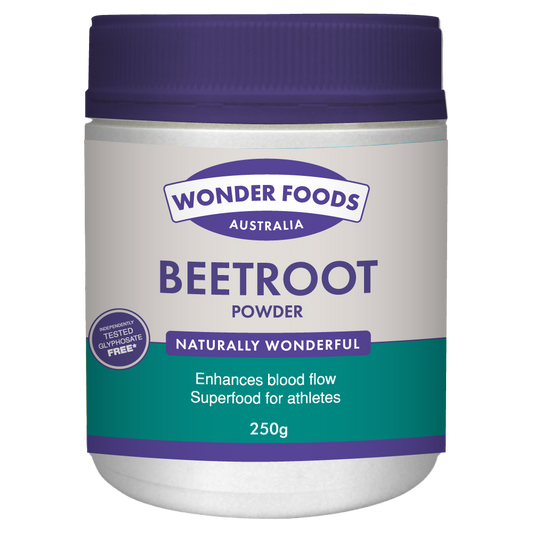
Managing Irritable Bowel Syndrome (IBS)
Irritable Bowel Syndrome (IBS) is a common digestive disorder that affects many individuals, causing discomfort and disruption in their daily lives.
In this comprehensive guide, we will explore the nature of IBS, its warning signs, potential causes, and the best strategies for managing and alleviating its symptoms.
What is IBS?
Irritable Bowel Syndrome, commonly referred to as IBS, is a functional gastrointestinal disorder. It primarily affects the large intestine and is characterised by a range of digestive symptoms.
Unlike some other gastrointestinal conditions, IBS does not cause structural damage or permanent harm to the intestines. It is, however, a chronic condition that can lead to persistent discomfort.
Warning Signs of IBS
The symptoms of IBS can vary among individuals, but common warning signs include:
- Abdominal Pain: One of the hallmark symptoms of IBS is abdominal pain or discomfort, which is often relieved after a bowel movement.
- Altered Bowel Habits: IBS can cause changes in bowel habits, including diarrhea, constipation, or a combination of both.
- Bloating and Gas: Individuals with IBS may frequently experience bloating and increased gas production.
- Mucus in Stool: The presence of mucus in the stool is another common sign of IBS.
- Cramping: Cramping is often associated with abdominal pain and is a frequent occurrence in IBS.
- Urgency: Some individuals may experience a sense of urgency when needing to have a bowel movement.
- Incomplete Evacuation: A feeling of incomplete bowel emptying is another potential symptom.
- Fluctuating Symptoms: IBS symptoms can vary over time, with some periods of relief and others with more pronounced discomfort.
- Chronic Fatigue: Through the Gut-Mind connection, more research is pointing in this direction.
The Main Causes of IBS
The exact cause of IBS remains unclear, but several factors are thought to contribute to its development:
- Gut-Brain Interaction: The gut and the brain are intricately connected, and stress and emotional factors can trigger or worsen IBS symptoms.
- Altered Gut Motility: Some individuals with IBS experience irregular contractions of the colon, leading to changes in bowel habits.
- Bacterial Imbalance: An imbalance in the gut microbiota, or dysbiosis, may play a role in IBS development.
- Food Sensitivities: Certain foods or food sensitivities can trigger IBS symptoms in some individuals. Common triggers include dairy, gluten, and high-FODMAP foods.
- Hormonal Changes: Hormonal fluctuations, particularly in women, can influence IBS symptoms.
- Inflammation: Low-grade inflammation in the intestines may contribute to IBS in some cases.
Best Strategies for Managing IBS
Managing IBS often involves a combination of lifestyle changes, dietary modifications, and, in some cases, medical interventions. Here are some effective strategies for managing IBS:
- Dietary Modifications: Identifying and avoiding trigger foods is crucial. Consider working with a healthcare provider to develop a suitable dietary plan.
- Stress Management: Techniques such as mindfulness, meditation, yoga, and deep breathing exercises can help reduce stress and its impact on IBS.
- Fibre Intake: Gradually increasing fibre intake, particularly a soluble fibre such as Wonder Foods Partially Hydrolysed Guar Gum can help regulate bowel movements and reduce symptoms.
- Probiotics: Some individuals find relief from IBS symptoms by taking specific probiotic supplements. Consult a healthcare provider before starting any supplementation.
- Medications: Depending on the severity of symptoms, medications such as antispasmodics, laxatives, or diarrhoea drugs may be prescribed.
- Lifestyle Adjustments: Regular exercise, adequate sleep, and consistent mealtimes can contribute to IBS symptom management.
- Medical Consultation: If IBS symptoms persist or worsen, consult a healthcare provider for a comprehensive evaluation and personalised treatment plan.
In conclusion, Irritable Bowel Syndrome is a complex digestive disorder that affects many individuals worldwide.
While its exact cause remains unclear, effective management strategies involve dietary modifications, stress reduction, lifestyle adjustments, and, when necessary, medical intervention.
By addressing the warning signs and causes of IBS, individuals can take control of their digestive health and improve their overall quality of life.
Remember, seeking guidance from a healthcare provider (e.g. a Naturopath) is crucial in developing a personalised plan for managing IBS effectively.













